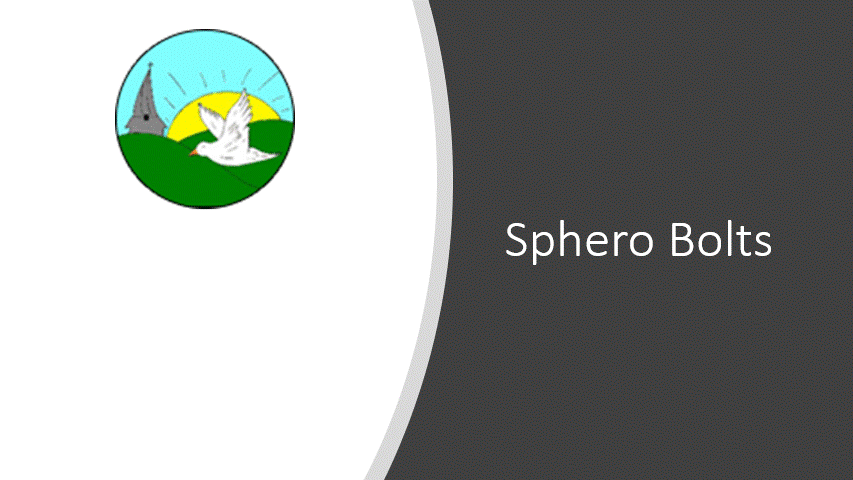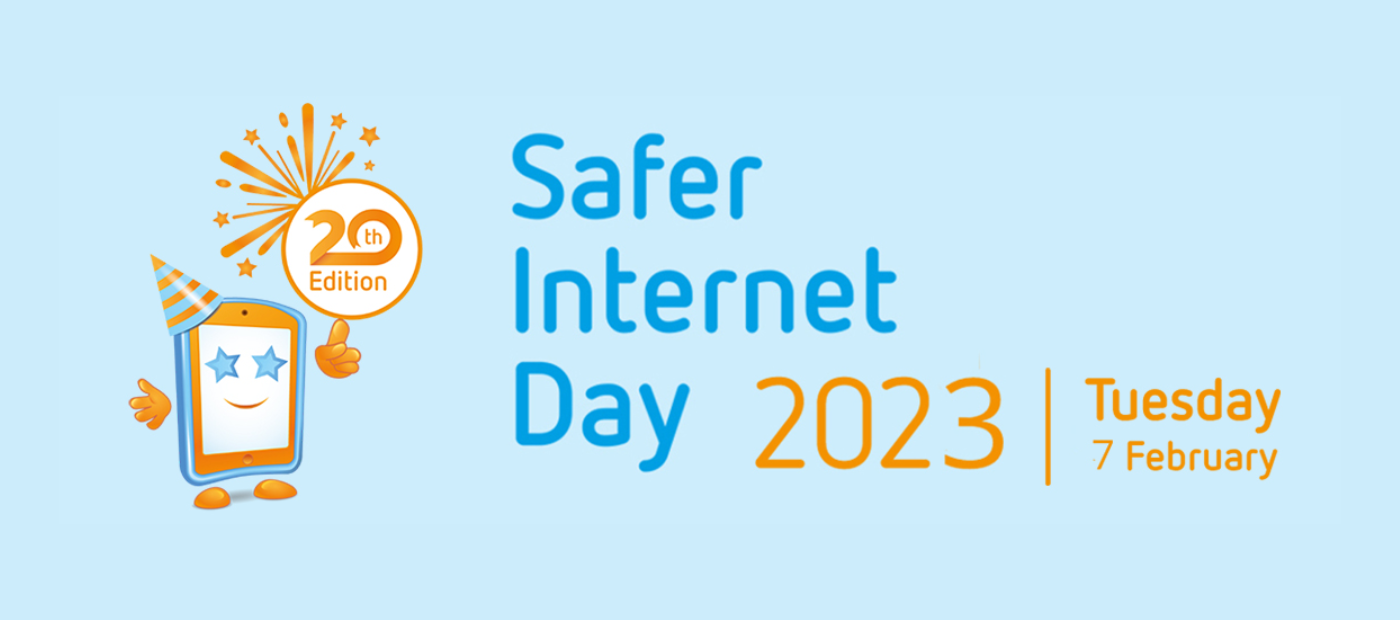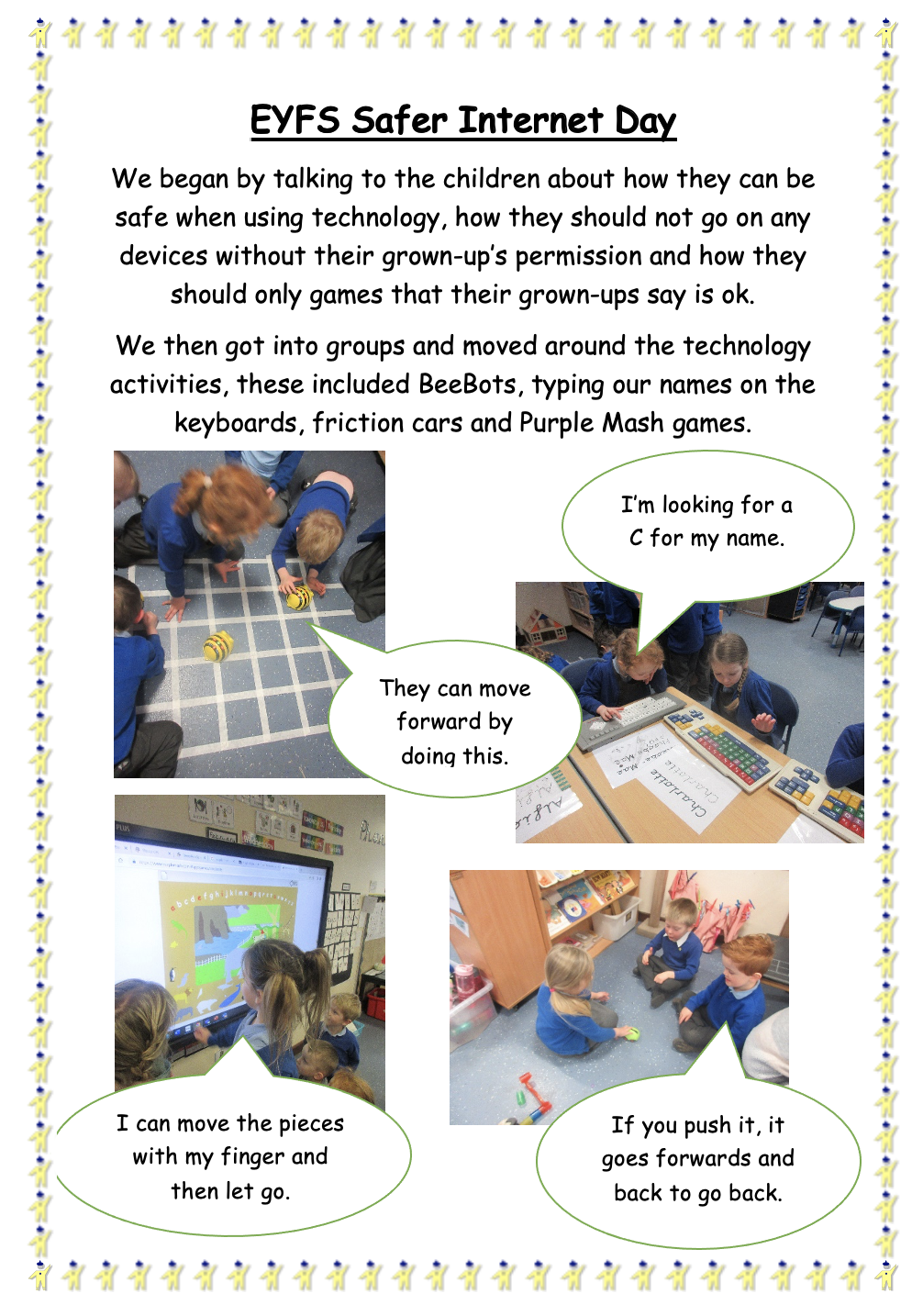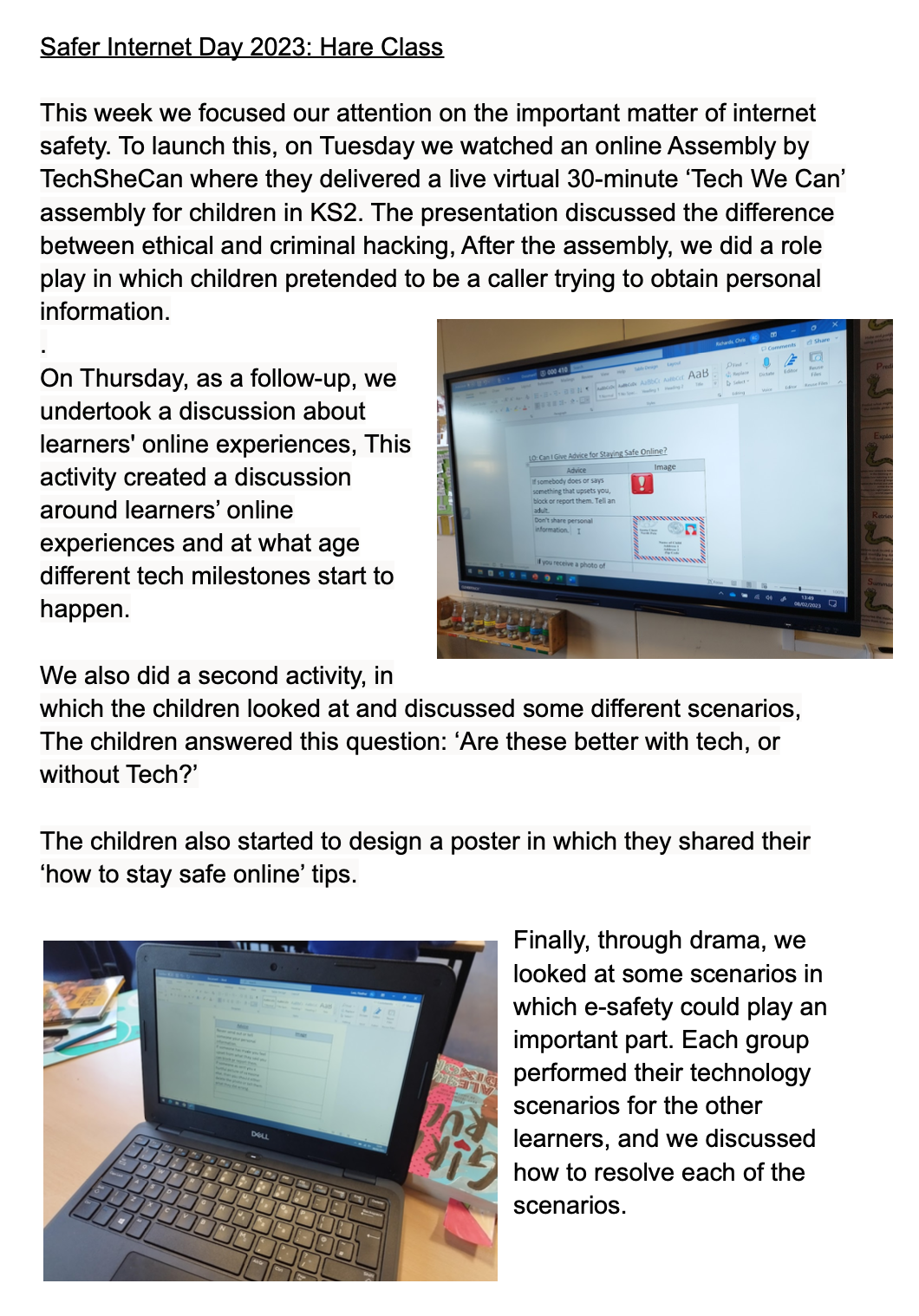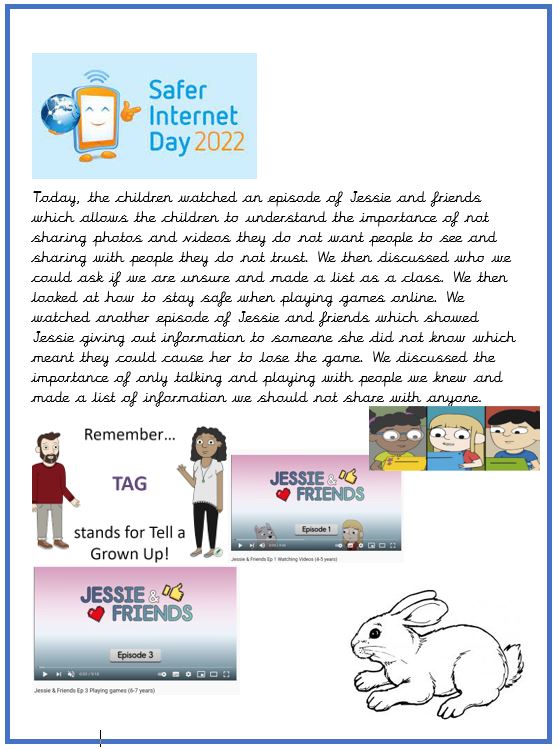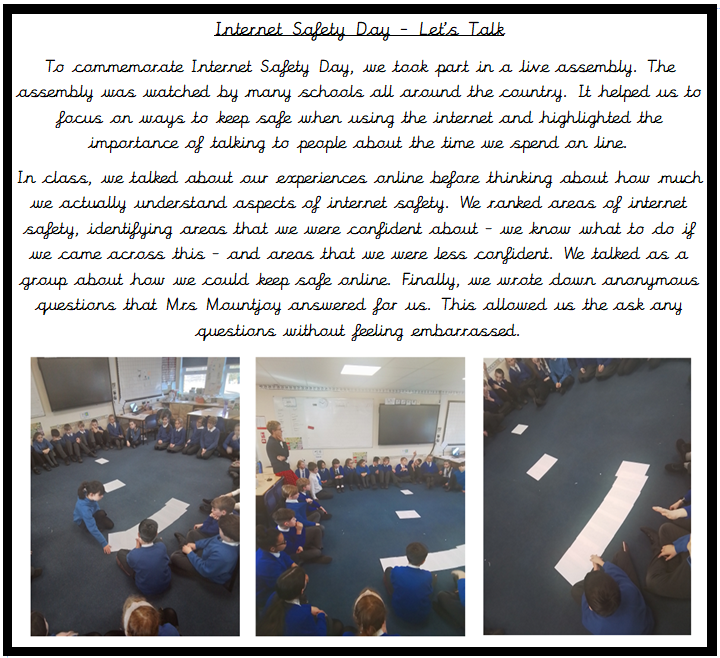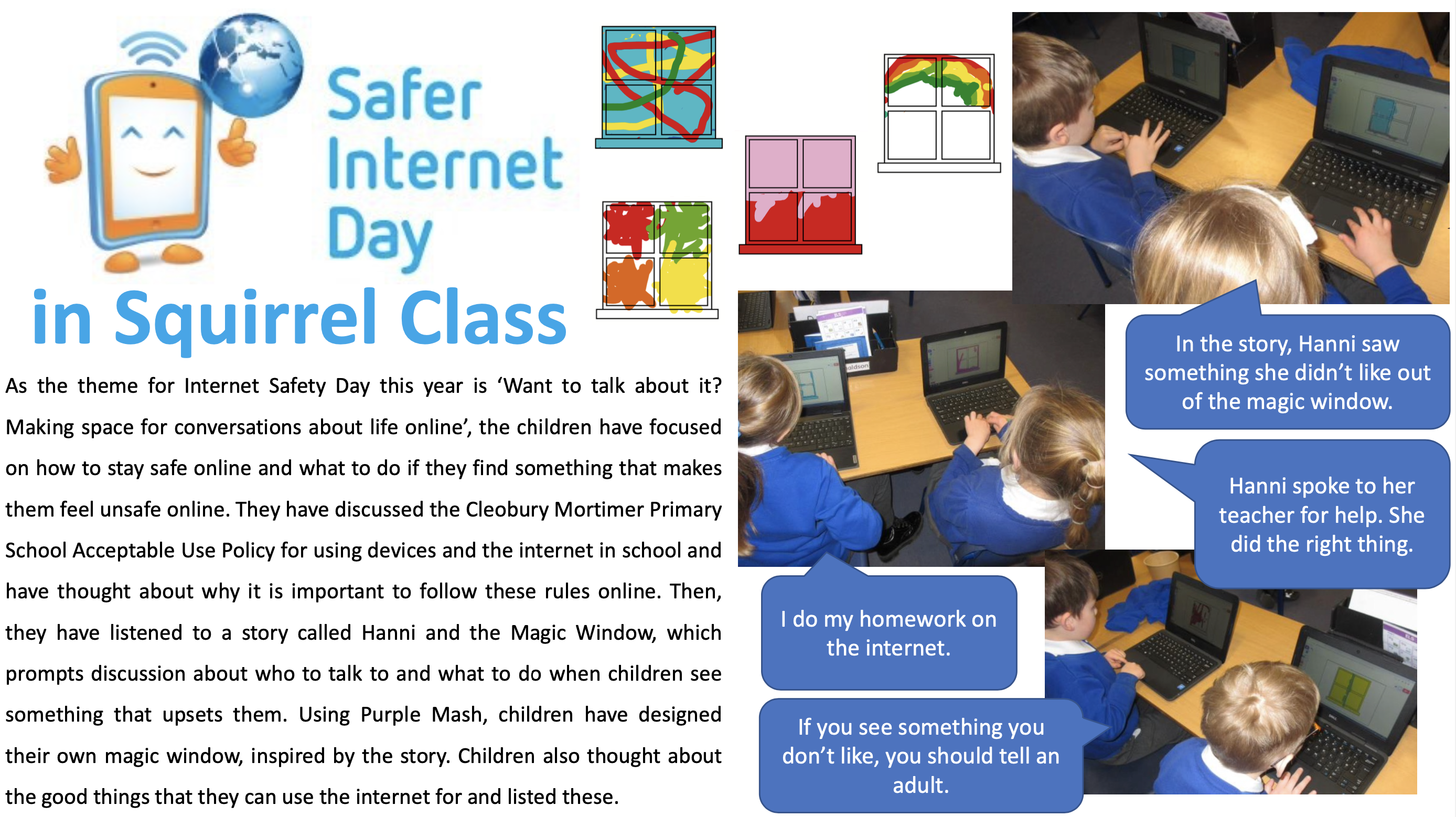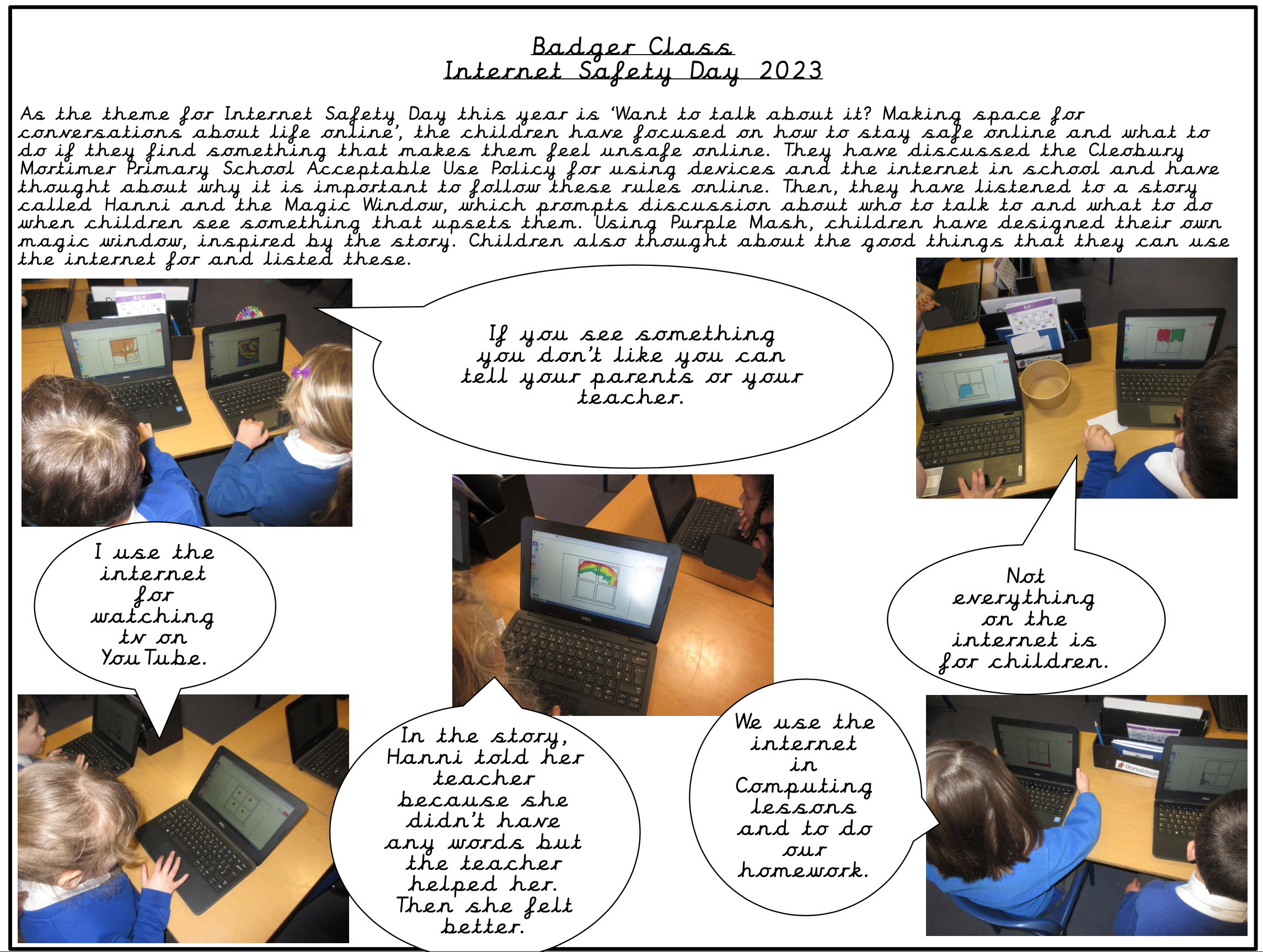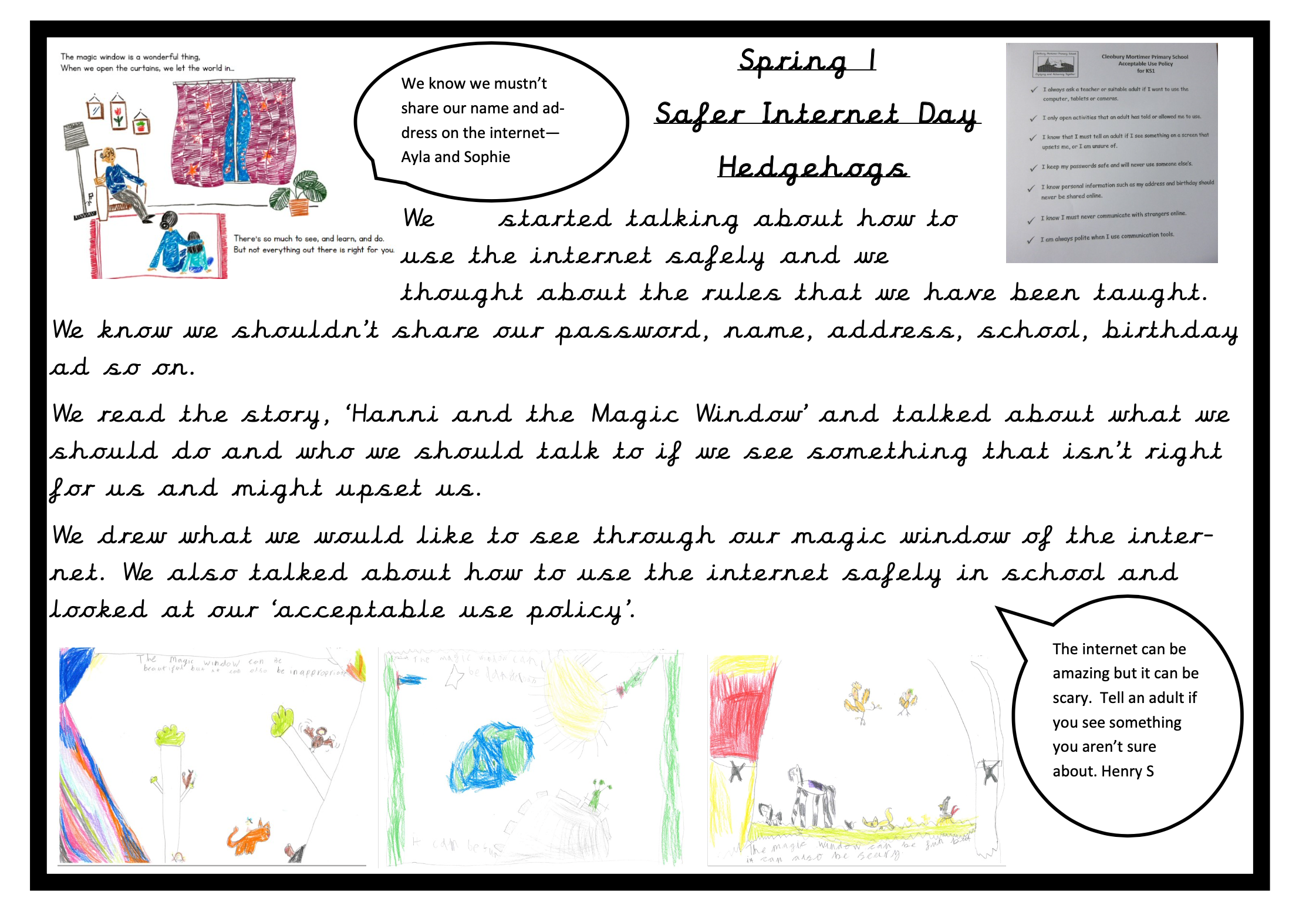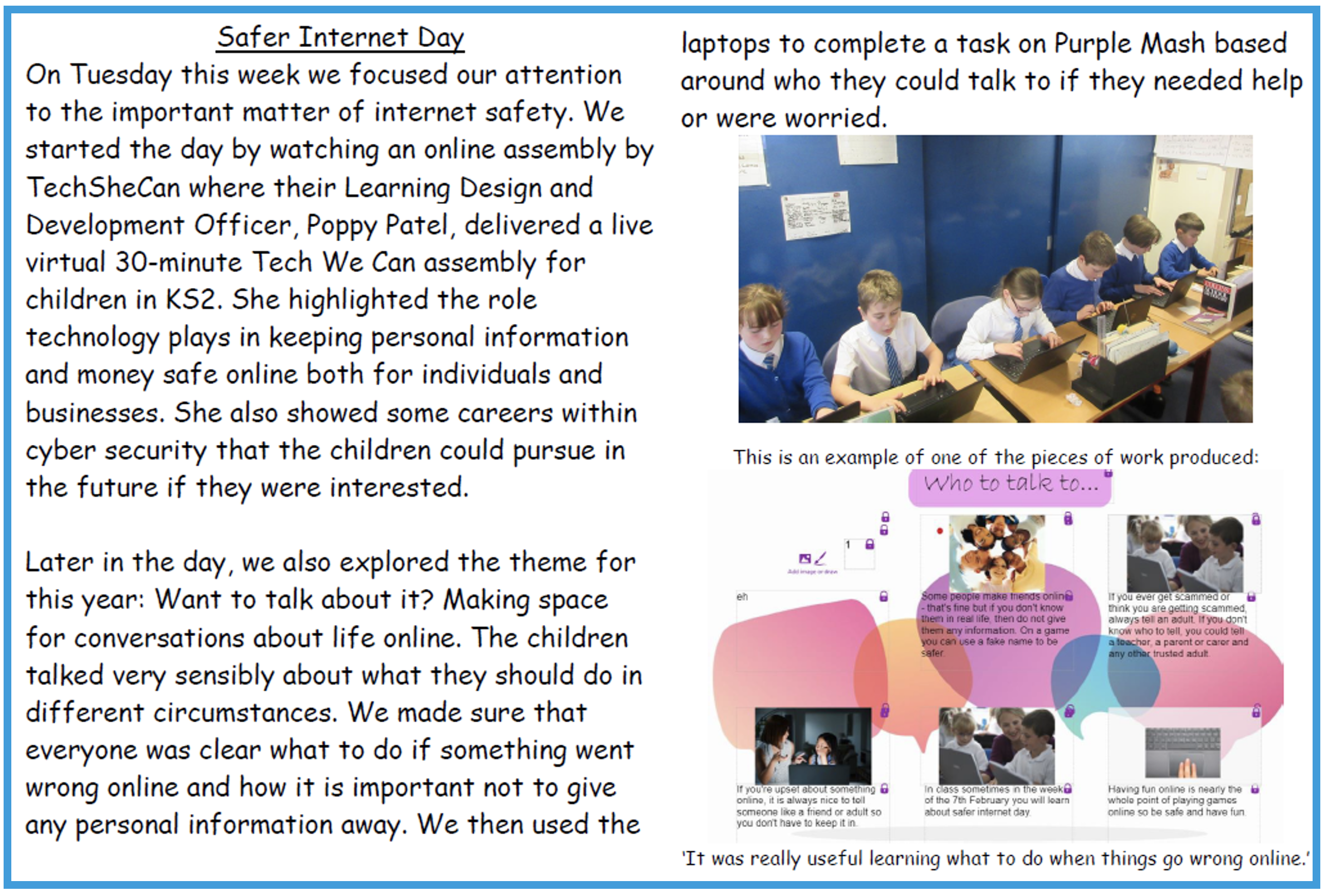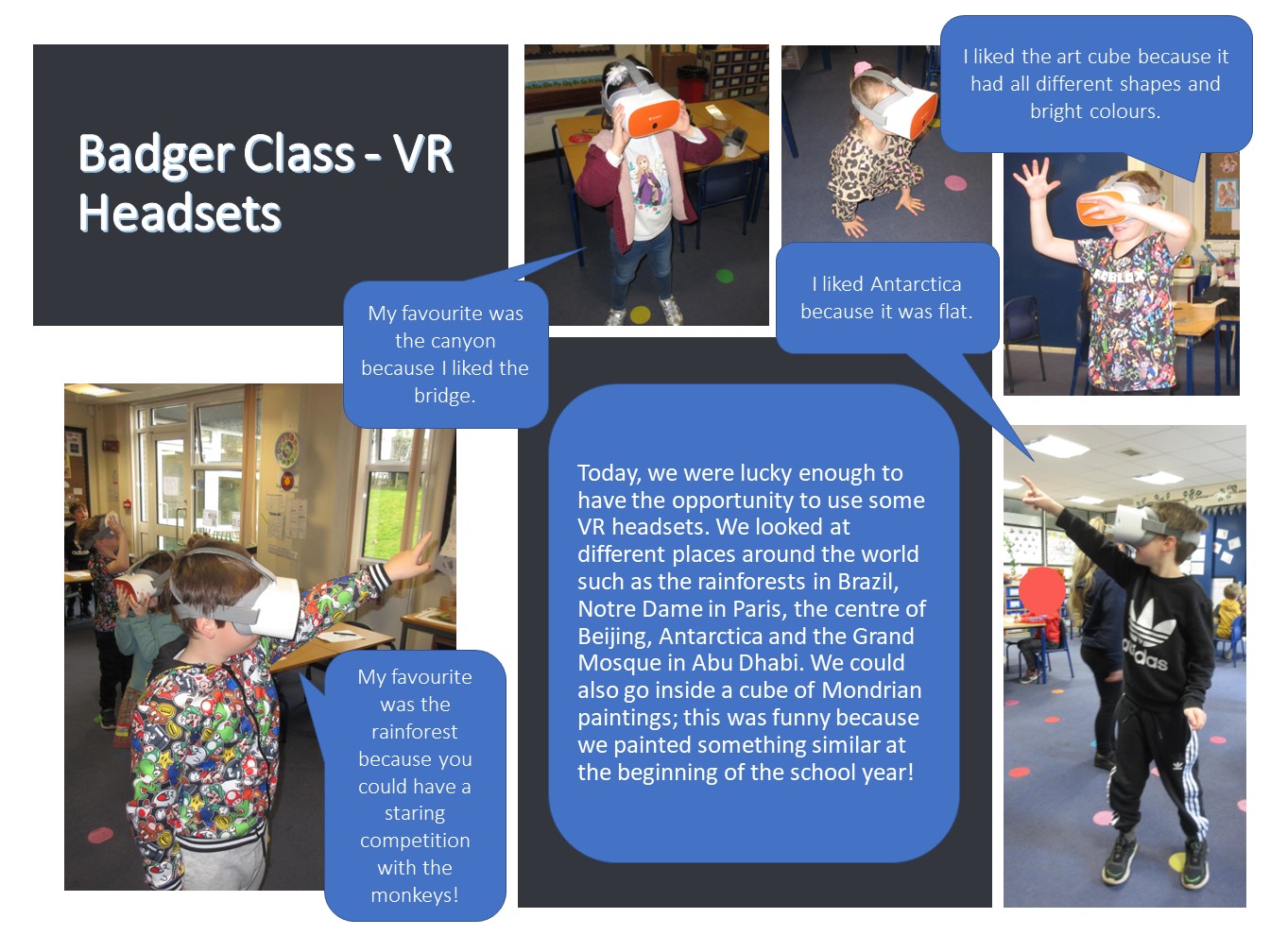At Cleobury Mortimer primary School (CMPS), our curriculum sets out: the significant and key knowledge that pupils should know and remember as well as the skills that the children will develop and build on; the key concepts that children will return to in different contexts and year groups; the prior learning that the children can build on; the vocabulary that will be introduced as well as the sequencing and progression of the units to be taught.
Computing education at CMPS is fully inclusive to every child. We understand the immense value technology plays in supporting the Computing and whole school curriculum, day-to-day life of our school and also the increasing role it plays in our pupils’ lives as they grow older. We believe that technology can provide enhanced collaborative learning opportunities; better engagement of pupils; easier access to rich content; support conceptual understanding of new concepts and can support the needs of all our pupils.
We provide staff with training and resources to carry out effective teaching of Computing; monitor this through assessments, moderation of evidence files and support where identified or requested and lesson observations.
Our aim is for all our pupils to develop their computational thinking skills and creativity. At the core of the Computing curriculum lies computer science. Our children are able to build on their knowledge using information technology skills and by becoming computer literate. The use of Purple Mash across the school underpins the curriculum needs for all of these areas and enables us to forge cross-curricular links.
We teach a curriculum that enables children to become effective users of technology who can:
All children will have Quality First Teaching. Any children with identified SEND or in receipt of pupil premium funding may have work additional to and different from their peers in order to access the curriculum dependent upon their needs. As well as this, our school offers a demanding and varied curriculum, providing children with a range of opportunities in order for them to reach their full potential and consistently achieve highly from their starting points.
Click here for our SEND Area of Need Intent Statement for Computing
To ensure high standards of teaching and learning in Computing, we implement a curriculum that is progressive throughout the whole school. In the Early Years, the approach is through cross-curricular learning with an emphasis on hands on experiences. Teaching is through context-based and role play experiences using many resources such as tablets, laptops and programmable toys.
From Year One upwards, we use Purple Mash as a cohesive scheme of work addressing the statutory aspects of the National Curriculum. As a school, we believe in delivering fun and engaging lessons which help to raise standards and allow all pupils to achieve to their full potential. By Year Six, our pupils are given more freedom to use other Computing tools such as working with various online tools and coding.
Whilst our discrete Computing lessons use Purple Mash as a foundation for teaching, we also enjoy the flexibility of using Computing to enhance our topic lessons and further engage the pupils in leading their own learning. They are able to use technology imaginatively and creatively whilst also becoming efficient learners and critical thinkers. Cross-curricular teaching helps enthuse and equip children with the capability to use technology throughout their lives. We believe that this transference of skills can aid in teaching pupils the strategies and knowledge necessary to enable them to reap the benefits of the online world, whilst being able to minimise risk to themselves or others.
The impact of children’s progress and their ability to know more and remember more will be visible through a range of methods. These may include end of unit assessments or quizzes, hot and cold tasks, spoken responses, progress over time in pupils’ books, extended writing or even an end of unit project.
Within Computing, we strive to create a supportive and collaborative ethos for learning by providing investigative learning opportunities. Emphasis is placed on investigative learning opportunities to help children gain a coherent knowledge of understanding each unit of work covered throughout the school.
Our Computing curriculum is high quality, well thought out and is planned to demonstrate progression. Discreet vocabulary progression also forms part of the units of work.
We measure the impact of our curriculum through the following methods:
As part of making the judgement about quality of education, inspectors will consider the extent to which schools are equipping pupils with the knowledge and cultural capital they need to succeed in life. Our understanding of ‘knowledge and cultural capital’ is derived from the following wording in the National Curriculum.
‘It is the essential knowledge that pupils need to be educated citizens, introducing them to the best that has been thought and said and helping to engender an appreciation of human creativity and achievement.’
(Ofsted School Inspection Handbook, Nov 2019)
Cultural Capital is the accumulation of knowledge behaviours and skills that a pupil can draw upon and which demonstrates their cultural awareness, knowledge and competence. It is one of the key ingredients a pupil will draw upon to be successful in society, at secondary school and further education and eventually their career and the world of work.
At Cleobury Mortimer Primary School, we understand the importance of mapping out the essential knowledge that pupils need to be educated citizens, introducing them to the best that has been thought and said, and helping to engender an appreciation of human creativity and achievement. For this reason, the digital experiences that pupils at our school will be exposed to is outlined below. We have chosen these opportunities carefully, in order to promote equality and diversity.
We use a variety of approaches inside our computing curriculum, throughout the entire curriculum, and throughout the school to enhance the experiences and learning of our pupils. Every child receives engaging computer lessons which involve a variety of activities to assist them in developing the skills they need to succeed in the real world. We aim to promote children's curiosity and fascination with technology so that they can develop a lifelong desire for knowledge. In order for children to become knowledgeable and thoughtful members of the digital community, we provide them with as many opportunities as we can for them to experience, explore, and explain a vast array of technology.
Our Computing Cultural Capital offer includes:
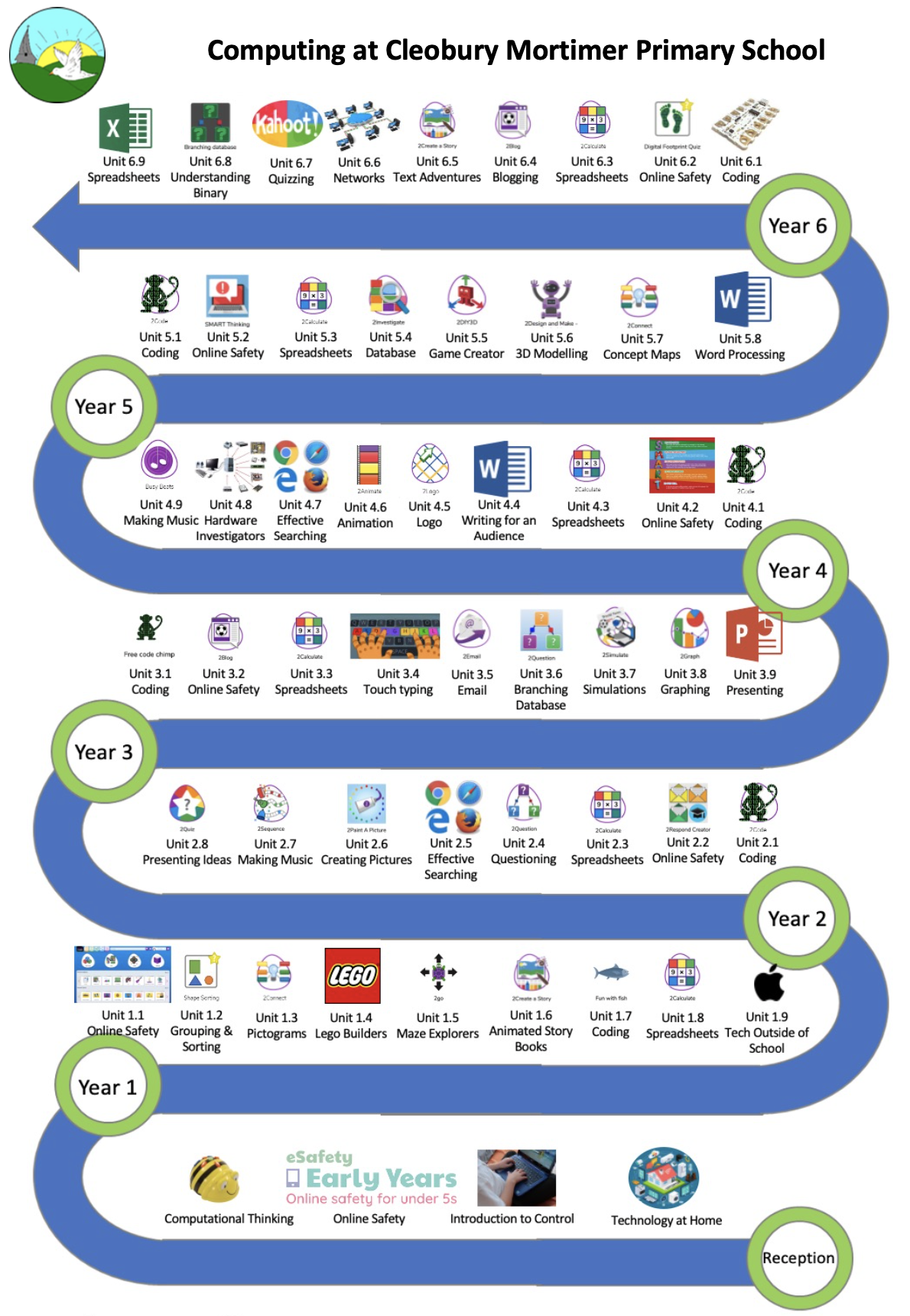
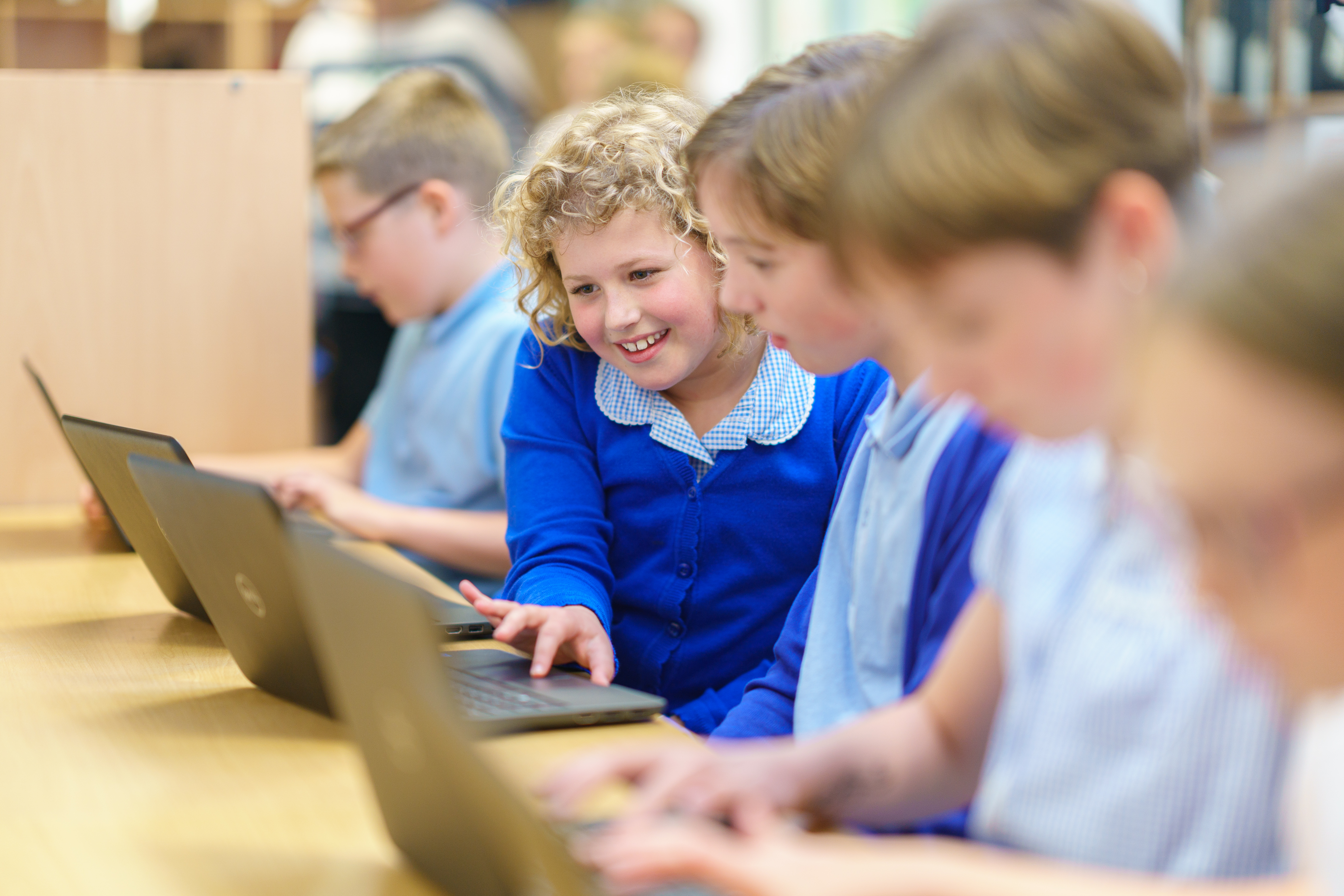
Click the image below to take you to our e-Safety page.
The image below will take you to books about gaming, computing and coding:
Computing Progression of Skills
Parental Acceptable Use Policy (AUP)
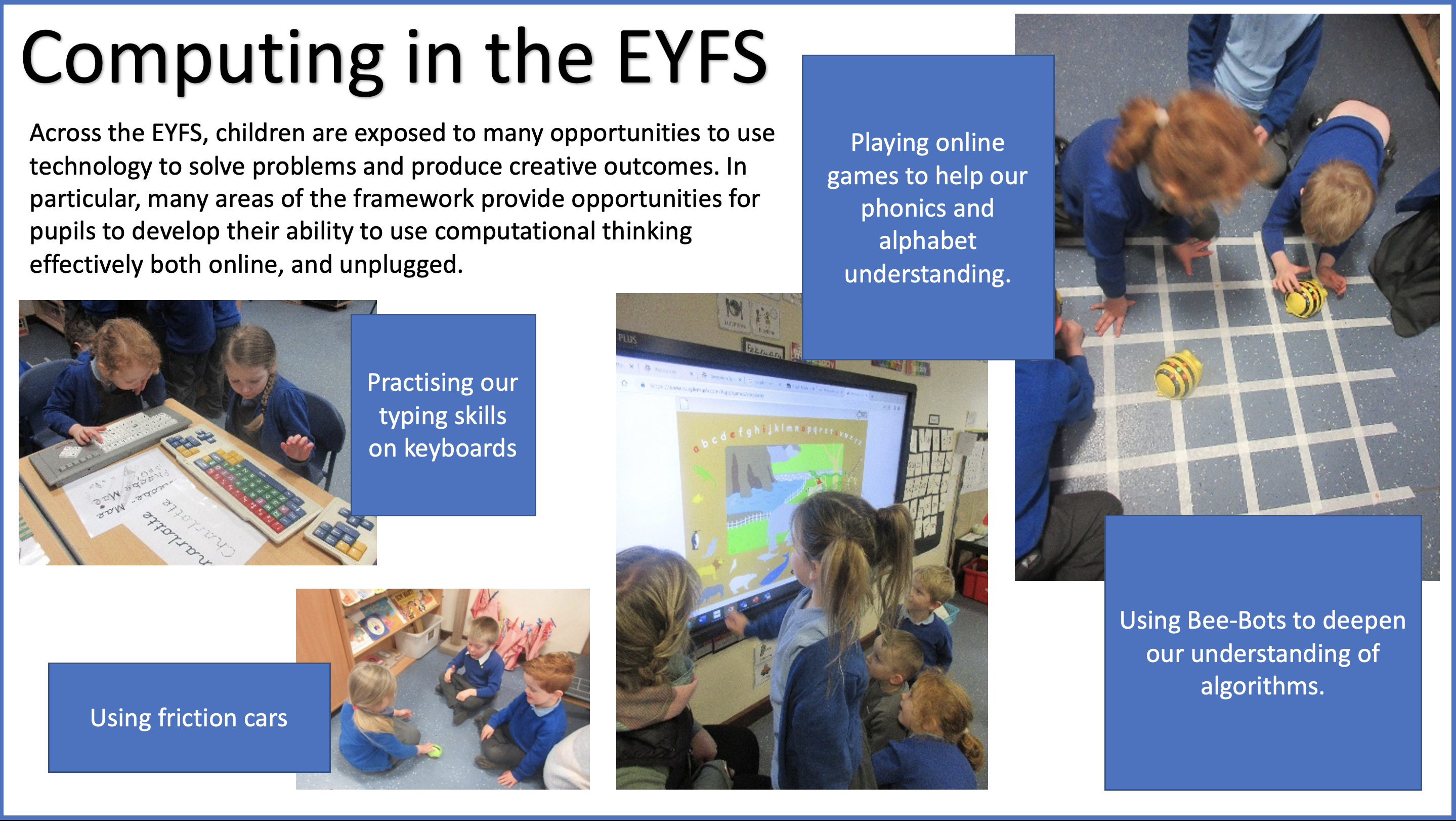
We had some Sphero Bolts loaned to us over the second half of the Autumn Term. Various classes used them to code. In Nursery, we used the draw function to move the Spheros and even got them moving through paint, which was lots of fun. We created some great artwork!
In Reception and Year 1, the children also used the draw function to learn how their marks reflect movement from the Spheros. They used trial and error to see how fast/slow the Bolts can move and avoid bumping into others.
In Year 5, the children used the block coding to control their Bolts. The children enjoyed inputting algorithms and fixing any bugs they came across.
